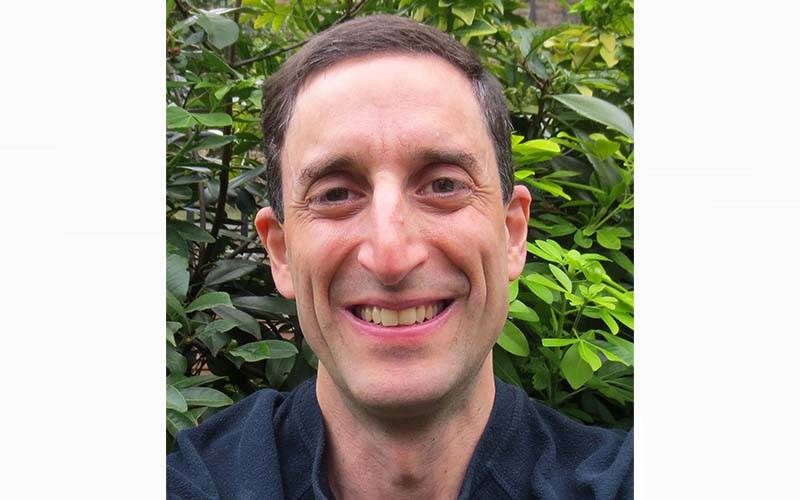This month we speak to Prof Ilan Kelman to find out about his research into how climate change affects our mental health.

What is your role and what does it involve?
My job title is Professor of Disasters and Health, providing me with the privilege of being 50% at the UCL Institute for Global Health and 50% at the UCL Institute for Risk and Disaster Reduction. I am also formally affiliated with the University of Agder in Norway, the University of Heidelberg in Germany, and the University of Colorado - Boulder in the USA. Through research, teaching, collaborations, and public engagement, I link health and disaster topics, working primarily in any island and in the polar regions. Connectors include diplomacy, migration, sustainability, inclusion, climate change, and mental health.
Can you tell us about your research into how climate change affects our mental health?
My research on climate change and mental health focuses on determining which specific aspects of climate change affect which specific aspects of mental health, how, and why. Then, we seek actions for addressing human-caused climate change and adverse mental health impacts while boosting all aspects of positive health and sustainability. Examples are checking for correlations and causes from hot and humid weather to self-harm; determining how to de-stigmatise mental health for small island states; researching and communicating (through art and science) positive news examples to counter unrealistic catastrophist narratives; and exploring how climate change and reports about it might be impacting mental health.
How have cross-disciplinary collaborations shaped your work?
Through learning, sharing, and exchanging—notably, always learning. So much knowledge is currently being produced, which supports humanity. It is not feasible to stay atop all the ongoing developments across all subjects. Working with a diversity of people—scientists, professionals, artists, decision makers, and people just living their lives—draws on their expertises and wisdoms to teach me. Our collaborations strengthen everything that we do in research, teaching, and public engagement. I can then try to contribute to developing and applying our understandings of how humanity's actions could and should do better.
Who is most at risk of the mental health impacts of climate change?
We all experience these risks. We all also have ways of addressing and reducing these risks, for ourselves and for others. Rather than being caught in an artificial rut of despair, we can help each other to address the risks by drawing on the extensive science demonstrating all our successes alongside all the actions that we could implement immediately to improve. Certainly, we do not have all the answers. We must continue searching for more, which is the power of science—science in collaboration with others. We are not passive in the face of these risks. We can and should be proactive and constructive in identifying and redressing them.
What action can be taken to mitigate the impacts of climate change on mental health?
Adopt a scientific basis for action. We know now what we could and should do to avoid the worst impacts from human-caused climate change. If we do so, then we support our mental health and we create and maintain better living and livelihoods for everyone. One example is phasing out fossil fuel subsidies, which are currently over €400 billion per year for direct subsidies and likely more than ten times that value for indirect subsidies. We must provide alternatives for workers in the industry and for people relying on fossil fuels—alternatives that we have already. Another example is ethical population stabilisation. Each of us must consume at a certain level to pursue fulfilling lives and livelihoods. Overconsumption leads to climate change among other difficulties. Implementing what we know about ethically stabilising the human population and managing consumption can achieve our social and environmental goals.
What are some of the main challenges in making this happen?
The main challenge is acting on a scientific basis, balanced with all the different knowledges and various, often diverging scenarios. Many people seem to favour—even seek out—doom-laden scenarios from climate change without checking the science, which understandably adversely affects people's mental health. Yet human extinction and many other major catastrophes due to human-caused climate change are currently far from being plausible. Instead, science presents a range of future pathways, most notably a huge range of options to do so much better, if we choose. In adopting doomerist narratives, those not accounting for the science end up creating far more eco-anxiety and climate grief than is warranted based on the evidence.
If you could make one change in the world today, what would it be?
People with power default to kindness and caring rather than monetary profit and economic growth.
 Close
Close

